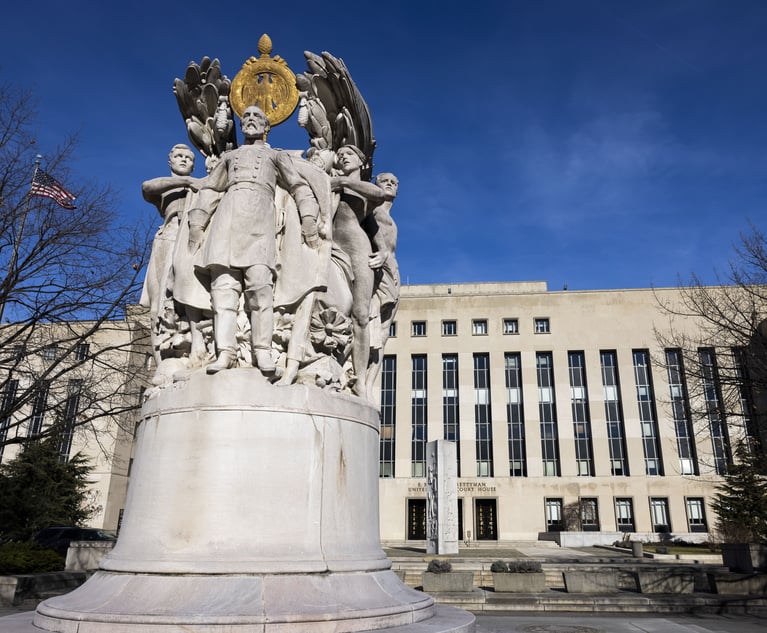In 2020, the U.S. Supreme Court is expected to issue decisions in three cases that will determine whether discrimination based upon gender identity and sexual orientation is covered under Title VII of the Civil Rights Act of 1964 (Title VII). Title VII is a federal law that bars employment discrimination on the basis of several protected classes including race, religion, national origin and, as relevant to these cases, barring employment discrimination “because of … sex.”
These decisions are expected to have a far-reaching impact and are being closely monitored both by employers and the LGBT community. Currently, 21 states and the District of Columbia expressly prohibit discrimination on the basis of sexual orientation and gender identity. These cases are expected to resolve a split that has developed between the federal circuits regarding whether federal law prohibits employment discrimination on the basis of sexual orientation and gender identity. Gender identity is a person’s internal sense of being male or female, a blend of both or neither. Sexual orientation refers to the relative genders of an individual’s partners.


 Shannon Kelly of Allen Norton & Blue.
Shannon Kelly of Allen Norton & Blue.




